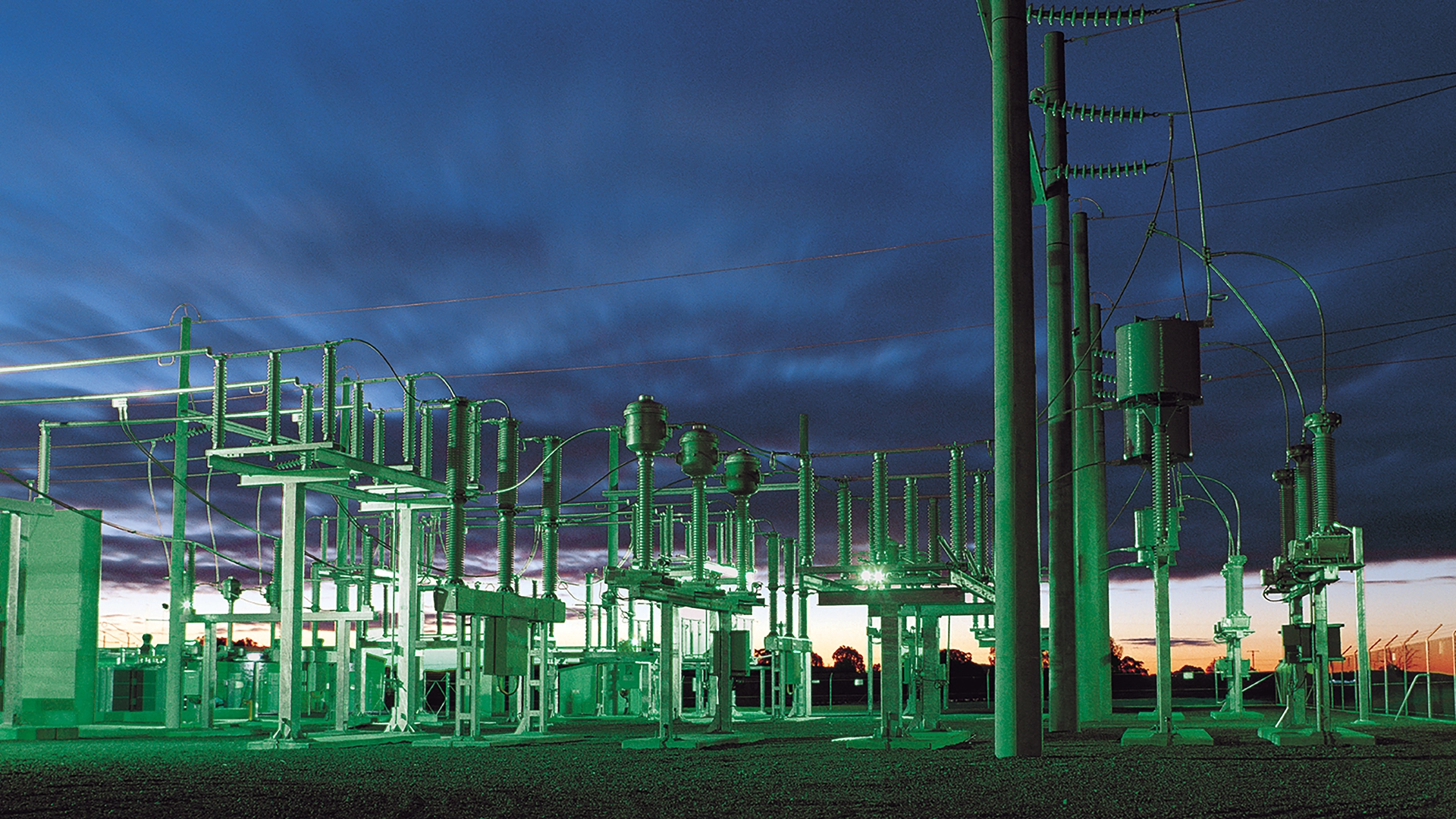

Basic Protection relays play a critical role in safeguarding electrical power systems by quickly detecting and responding to faults, ensuring the reliability and stability of the grid. However, unauthorised changes to protection relay settings pose a significant threat to the integrity of power systems. This abstract delves into the consequences stemming from such alterations and emphasises the imperative of maintaining the security and integrity of protection relay configurations.
In this paper, Raúl Barrera begins by explaining the pivotal role of protection relays in identifying and isolating faults within a power system. It then scrutinises the potential vulnerabilities that arise when unauthorised changes are made, leading to a cascade of adverse effects on system performance. The consequences encompass compromised fault detection, miscoordination with other protection devices, and increased susceptibility to catastrophic events such as cascading failures and high incident energy arc flash events.
Furthermore, the abstract explores the broader impact of unauthorised changes on the overall reliability of power grids, considering the potential disruption of service, economic ramifications, and compromised safety standards. The paper also addresses the challenges in detecting and rectifying unauthorised alterations, highlighting the need for robust cybersecurity measures and access control mechanisms.